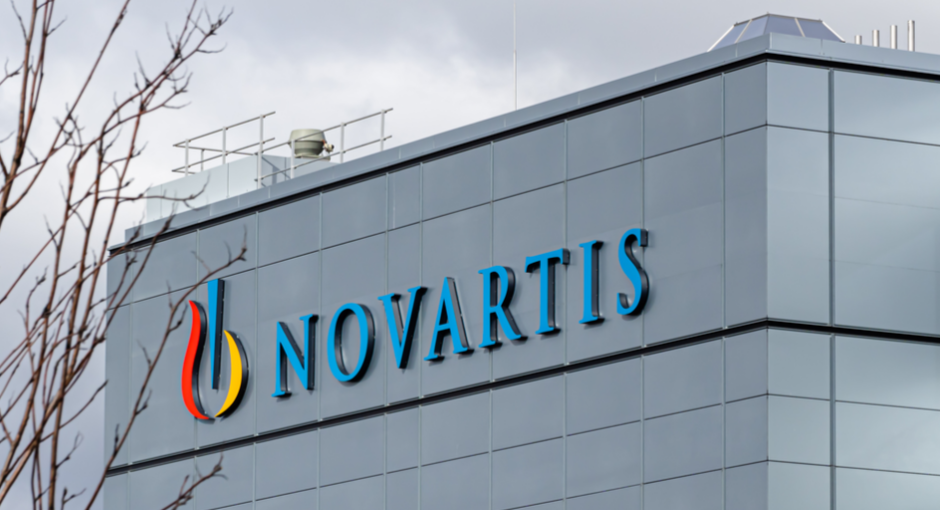Drug manufacturer Novartis told a judge last week that the government’s May 17 public statement that the company’s actions have resulted in overcharges and are in direct violation of the 340B statute has injured Novartis’ reputation among its customers and investors. The company said the demand letter is hindering its “ability to recruit talent and build relationships with the stakeholders necessary to develop pharmaceuticals that patients need.”
Government termination of Novartis’ participation in the 340B and Medicaid drug rebate programs, on top of imposition of civil monetary penalties (CMPs), would “cause the company significant financial harm, and exact further damage to Novartis’s reputation,” the company argued. “It also would inhibit access to Novartis’s drugs by vulnerable Medicaid and Medicare beneficiaries having therapeutic need for them.”
Novartis also said it would have to “divert resources away from important research and development projects” if federal officials fine it for imposing conditions on 340B pricing when covered entities use contract pharmacies.
Novartis painted that bleak picture in a June 2 motion and related memo and declaration filed in federal district court in Washington, D.C. The company wants the court to issue a preliminary injunction stopping the U.S. Health Resources and Services Administration (HRSA) “from taking enforcement or any other action against Novartis based on HRSA’s determination that Novartis’s 340B contract pharmacy policy violates the 340B statute and/or applicable regulations.”
U.S. District Judge Dabney Friedrich yesterday gave the government a June 28 deadline for its response to Novartis’ motion, and asked the parties about their availability for a hearing in late July.
Novartis sued HRSA and the U.S. Health and Human Services Department (HHS) on June 1 in the wake of HRSA’s May 17 determination that the company’s 340B policies violated the 340B statute. HRSA simultaneously notified five other companies—AstraZeneca, Eli Lilly, Novo Nordisk, Sanofi, and United Therapeutics—that their 340B policies, too, were illegal. HRSA gave the six companies a June 1 deadline to submit their plans to resume unconditional 340B pricing on drugs shipped to contract pharmacies. It warned the companies they could face CMPs of up to $5,883.00 for each instance of overcharging.
United Therapeutics is the only company among the six that has not sued HRSA over the May 17 demand letters or the HHS general counsel’s Dec. 30 advisory opinion that manufacturers may not refuse to offer 340B ceiling prices to covered entities when entities use contract pharmacies.
Novartis argues that the 340B statute does not require manufacturers to ship drugs “nominally purchased by covered entities” to contract pharmacies, and that HRSA’s 340B contract pharmacy requirements are arbitrary and capricious.


